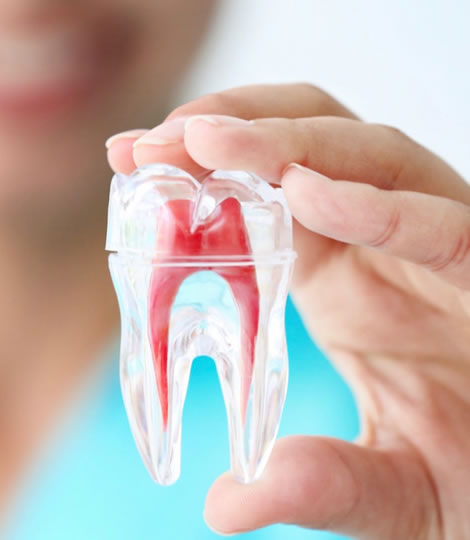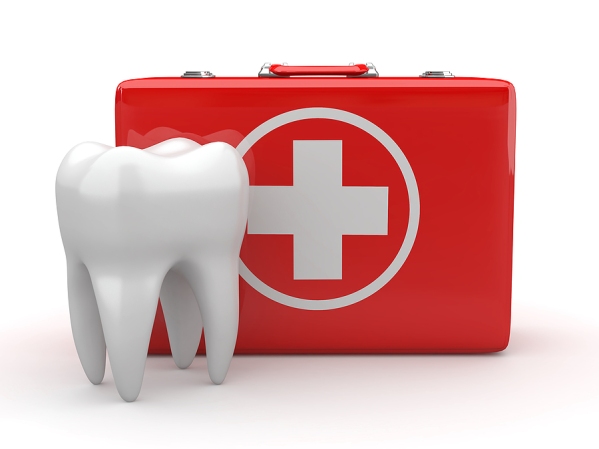You might experience unbearable pain in an infected tooth. In this case, you can count in the possibility of an infected root canal. This painful scenario plus infection may lead you to think about getting the tooth extracted. However, you may be able to get the issue resolved without the death of your tooth. You can discuss treatment options with an endodotist; and you may be able to get pain relief while retaining your natural tooth.
According to American Association of Endodontists, less than 3 percent of the dentists are qualified save severely infected teeth. Now, most of the dentists get training to perform root canal treatments, they usually refer patients to the endodotists in case is severe infections and extreme pain.
Who is an endodontist?
To become a qualified endodontist, a person has to have advanced training which involves two years of extra study and clinical hours beyond conventional four years of dental studies. After this extra qualification, a dentist becomes specifically capable of treating the infected teeth and alleviating pain. On average, a qualified endodontist will perform at least 25 root canals and other dental procedures in a week. With this routine, they become flexible and highly efficient in what they do because they do not have to perform other routine dental practices.
Therefore, if you have severe pain and infection in the tooth and your dentist thinks that you need special treatment, you will be referred to endodontist.

Endodontic treatments and procedures
The most common endodontic treatment is the root canal treatment. This procedure mainly involves cleaning of the infected tooth pulp and saving the tooth. In most of the cases, infection in the root canal is due to the deeper cavity or a crack which lets the infectious germ seep into the internal layers of the tooth to cause infections. Endodontic treatment also involves re-treatment of the root canal. This treatment is required typically when the root canal area is not cleaned well in the previous treatment. The leftover infectious pulp or germs start causing infection in the tooth again.
Remember, the main aim of an endodontist is to save your tooth. It means they have to deploy every measure which can be helpful in avoiding the need of tooth extraction. And therefore, they are quite capable of using the tools and techniques which are required for the treatment to be successful.

Whether or not you need an endodontic treatment is basically decided by your dentist. If you have a tooth infection which cannot be treated with the help of normal procedures, your dentist will refer you to an endodontist.
 Now, if you feel like there is something really wrong, such as a
Now, if you feel like there is something really wrong, such as a  Now, if your face randomly swells up, this could be a serious dental infection and it needs immediately attention. They don’t get better on their own. This can also be an infected tooth or bone or gum infection. Obviously, what you do here is you see the dentist right away. If you delay, you could die from an infection. You should stay upright and don’t lie flat. Also, drink lots of fluids. If you’re dehydrated, this means more complications.
Now, if your face randomly swells up, this could be a serious dental infection and it needs immediately attention. They don’t get better on their own. This can also be an infected tooth or bone or gum infection. Obviously, what you do here is you see the dentist right away. If you delay, you could die from an infection. You should stay upright and don’t lie flat. Also, drink lots of fluids. If you’re dehydrated, this means more complications.